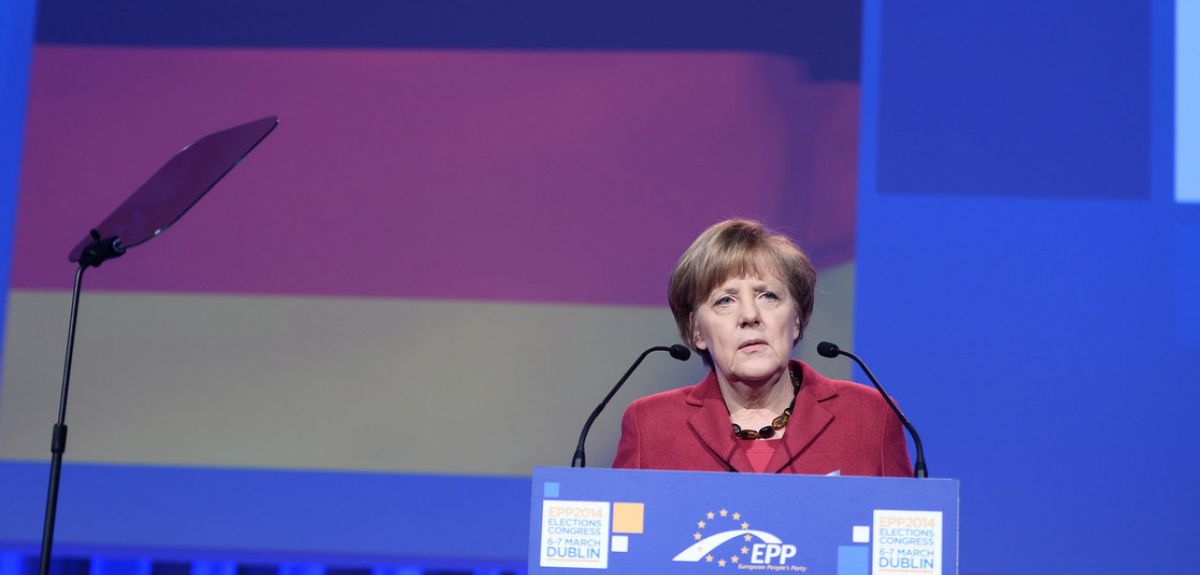
First World War project praised by Angela Merkel
A Europe-wide project which began at Oxford University has received the backing of Germany’s Chancellor Angela Merkel.
Europeana 1914-1918 makes digital copies of material related to the First World War and makes them freely available online. It follows the model of Oxford University’s Great War Archive, which digitised more than 6,500 items contributed by the British public between March and June 2008.
Europeana 1914-1918 extended this project across Europe, and more than 90,000 items have now been added to the website. Oxford University is still involved in this wider project, helping to run family history roadshows across Europe to which members of the public bring memorabilia and stories of their family’s life during the Great War.
Speaking in her weekly video podcast, Ms Merkel said: 'I am happy that many people participate and that history also becomes more comprehensible … This is a great thing.' She added that such a project makes clear that it is 'better to negotiate 20 hours longer and talk, but never come back to such a situation in the middle of Europe'.
Dr Stuart Lee of Oxford University’s English Faculty and IT Services said: 'It is wonderful to see an Oxford-initiated project now being picked up and discussed by one of the main leaders of a European country. More so that this is in Germany where we are witnessing possibly the first engagement by the general public in Germany with the memory of the war.'
He added: 'The centenary of the First World War offers us an important opportunity to reflect on the war but also to challenge prejudices across Europe, and Oxford's Great War Archive project which led to the Europeana 1914-1918 initiative had this as one of its main aims by allowing the public to expose material they had held for nearly a century and explain its importance.'
The archive has already turned up some interesting discoveries, including two postcards written by Adolf Hitler in 1916 to his comrade Karl Lanzhammer.
Anyone who has items relating to the First World War is encouraged to add these to the website.